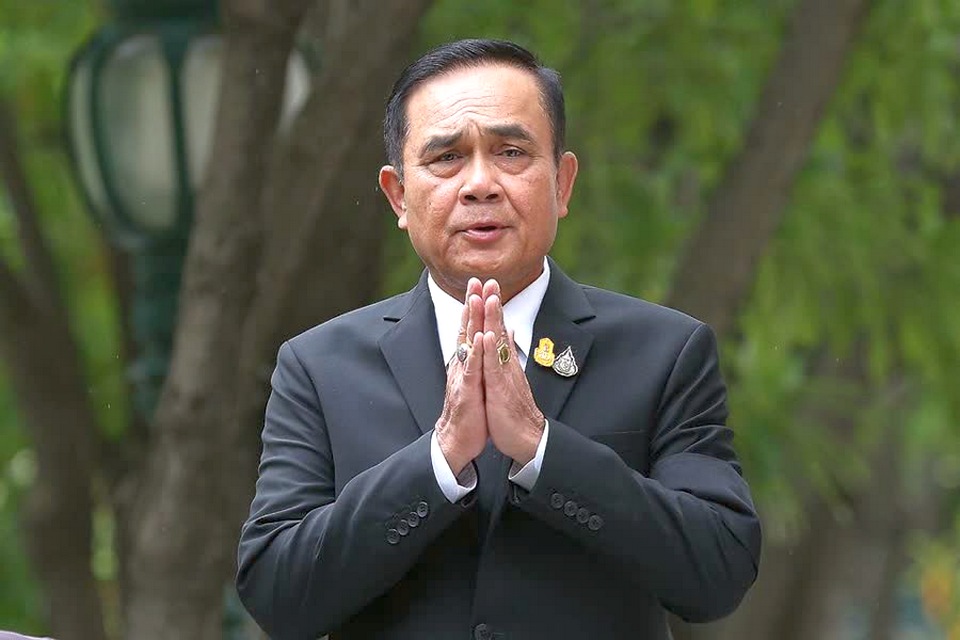
For half a century, Pattaya has found itself starring in the international media for its alleged sins of the flesh. Now, in a surprising turn of events, the headlines are about to switch to politics as the province finds itself playing a leading and controversial role in the forthcoming general election, scheduled for May 7 2023 with the date now confirmed by the premier Prayut Chan-ocha. The outcome could decide whether he returns to head the next administration.
The main opposition party Pheu Thai (linked to exiled ex-premier Thaksin Shinawatra) is banking on a landslide win nationally which would sweep all 10 parliamentary seats in Chonburi province – which includes Pattaya and is dominated by the influential Khunplome family. But a rival faction, led by successful politician Suchart Chomklin, under the United Thai Nation party, has a similar aim but is backing the current prime minister who first came to power in a military coup of 2014. All contenders are already promoting themselves on temporary hoardings erected throughout Pattaya and Banglamung district.
Although 500 seats nationally are a stake in the forthcoming election, the Chonburi situation is predicted to be one of the most competitive contests, with analysts saying that rivals will mobilise their resources and may resort to “money politics” to achieve their goal. So far public opinion polls nationally seem to favour Pheu Thai and its Move Forward Party allies, although the Bangkok electorate and sections of the rural South are more disposed to support the current prime minister and his allies. Many political observers believe that Pheu Thai and its partners must win more than half the Chonburi seats, as a weathervane set of results, to have much chance of unseating the prime minister.
However, Thai politics are never that simple. The unelected 250-member Thai Senate can also vote for the incoming prime minister as well as the 400 new House of Representatives parliamentary members – plus 100 extra MPs elected under the party lists parallel voting which very few people even begin to understand. Securing a majority from 750 votes will be no easy task. The two most likely candidates for the top office are General Prayut and Paetongtarn Shinawatra, the 36-year old daughter and niece of two former prime ministers who won substantial victories in former general elections but were overthrown by the army.





